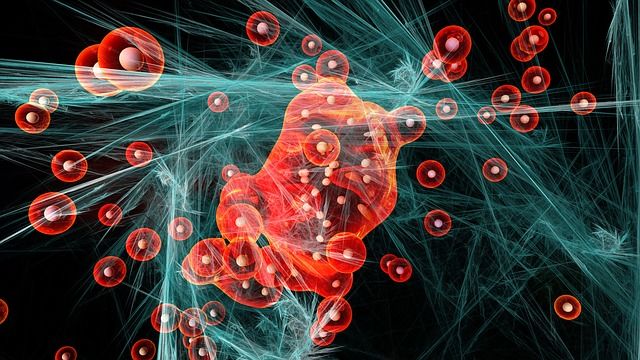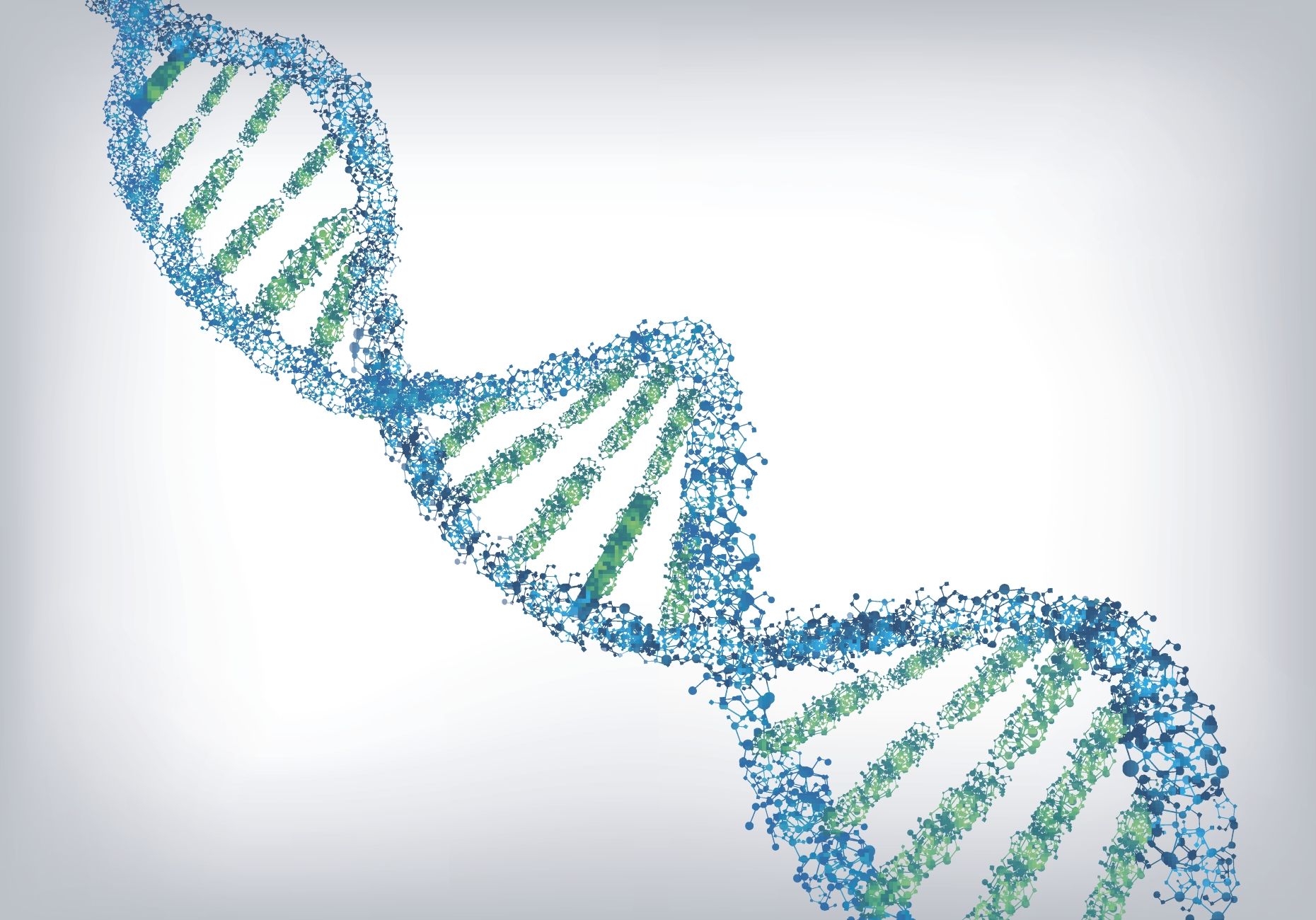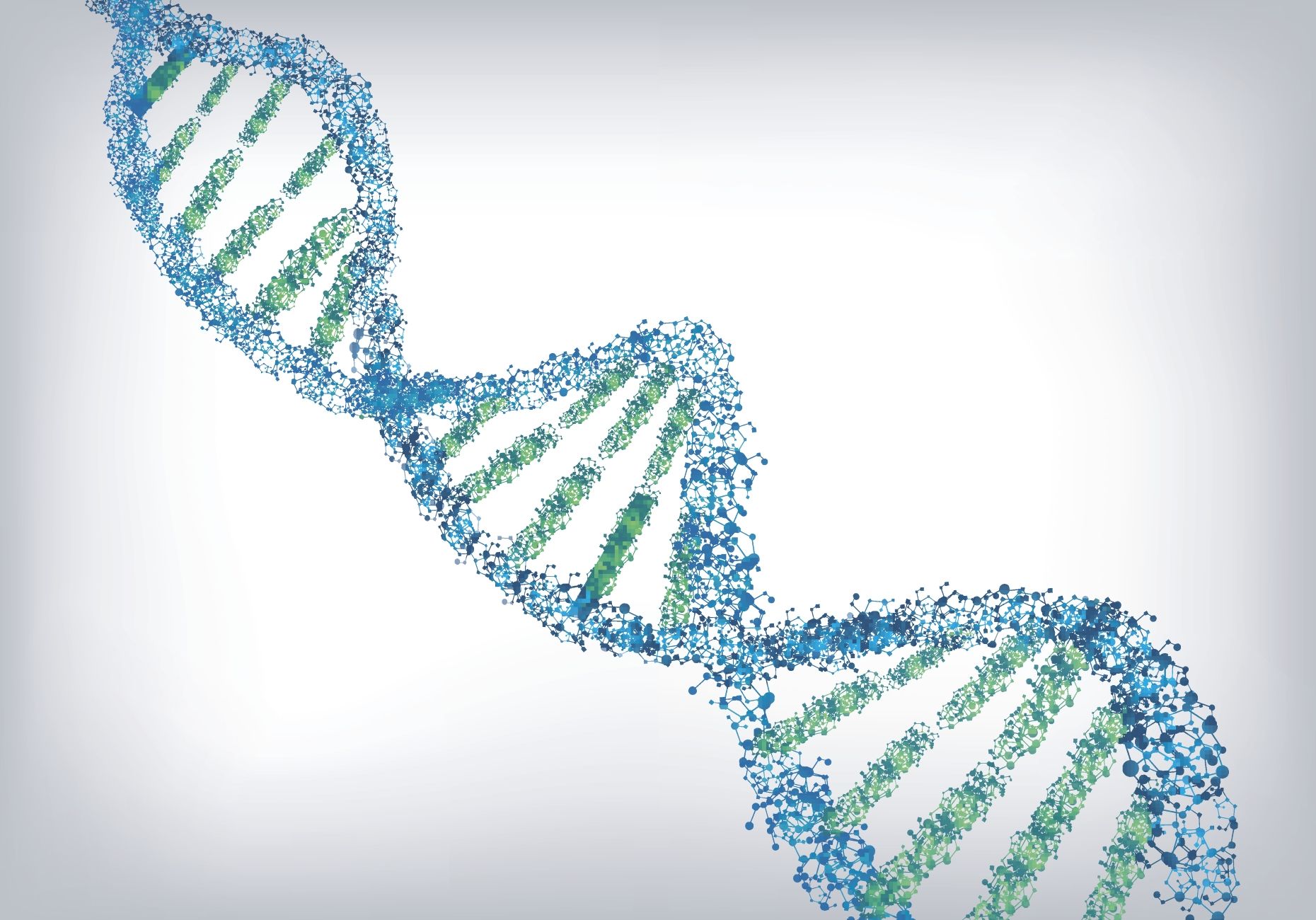Jun 28, 2016
DARPA approaches industry for new battlefield network algorithms and network protocols
Posted by Karen Hurst in categories: computing, information science, military, mobile phones
Very nice.
ARLINGTON, Va., 27 June 2016. U.S. military researchers are asking industry for new algorithms and protocols for large, mission-aware, computer, communications, and battlefield network systems that physically are dispersed over large forward-deployed areas.
Officials of the U.S. Defense Advanced Research Projects Agency (DARPA) in Arlington, Va., issued a broad agency announcement on Friday (DARPA-BAA-16–41) for the Dispersed Computing project, which seeks to boost application and network performance of dispersed computing architectures by orders of magnitude with new algorithms and protocol stacks.






 © iStock/ Getty Images undefined How much storage do you have around the house? A few terabyte hard drives? What about USB sticks and old SATA drives? Humanity uses a staggering amount of storage, and our needs are only expanding as we build data centers, better cameras, and all sorts of other data-heavy gizmos. It’s a problem scientists from companies like IBM, Intel, and Microsoft are trying to solve, and the solution might be in our DNA.
© iStock/ Getty Images undefined How much storage do you have around the house? A few terabyte hard drives? What about USB sticks and old SATA drives? Humanity uses a staggering amount of storage, and our needs are only expanding as we build data centers, better cameras, and all sorts of other data-heavy gizmos. It’s a problem scientists from companies like IBM, Intel, and Microsoft are trying to solve, and the solution might be in our DNA.












